
Turn back the clock a few years and except for some conflicts in the Middle East, the experts were heralding the 21st century as the most peaceful period of history to live.
Living conditions were improving around the world, bilateral trade was booming, and peace and friendship cooperation agreements were being signed left, right, and centre.
Today, things are different. The outbreak of war in Ukraine threw the world into an unsteady place that hadn't been experienced since World War 2.
Countries were soon forced to choose a side or risk compromising their own security and face backlash on the world stage.
There are a few exceptions, however. Some countries, though naturally aligned with one side or the other, have throughout history picked neutrality over tribalism.
Austria, the Central European state, is bound to neutrality by the 1955 Austrian State Treaty and its constitution.
Much of its stance today was borne out of World War 2, though neutrality wasn't realised until the Soviet Union, in the Moscow memorandum, demanded Austria's neutrality on the model of Switzerland.
Austria became deeply involved with Nazi Germany and found itself a key player on the Axis line-up. Many of the atrocities committed by the Nazis were drawn up by Austrians, including Austrian-born Adolf Hitler.
The country prohibits entry into military alliances and the establishment of foreign military bases on Austrian territory.
Switzerland's neutrality goes back much further than World War 2 and even the 20th century.
Its stance is rooted in the 1640 Peace of Westphalia, which ended the Thirty Years' War in Europe.
Later on, in 1789, France occupied a large part of the Confederation's territory, but the 1815 Congress of Vienna re-established the Swiss Confederation and guaranteed its permanent neutrality.
Though it may sound like an odd contender, Ireland's policy of neutrality has been in place since World War 2.
While it is a part of the EU and NATO, it maintains special privileges that ensure its neutrality.
The country does, however, fall into an odd place given that throughout the Cold War, it was largely aligned with the West ideologically, politically, and geographically.
Ireland has been clear that it would protect its borders in the event of war between the great powers, and also because Northern Ireland, part of the island of Ireland, is under the rule of the UK.
Nestled between Austria and Switzerland, Liechtenstein has not had an army of its own since 1868.
It remained neutral for the whole of World War 2 and continues to do so today.
Japan's neutrality is enshrined in its constitution, which states "the Japanese people forever renounce war as a sovereign right of the nation and the threat or use of force as means of settling international disputes".
This stance is, like others, rooted in World War 2. Japan sided with the Axis in the war and faced some of the worst attacks of the conflict, including the atomic bomb.
The country does, however, have a Self Defence Force that helps the country rebuild from disasters such as the 2010 tsunami, though it says it would not get involved in any third global conflict.



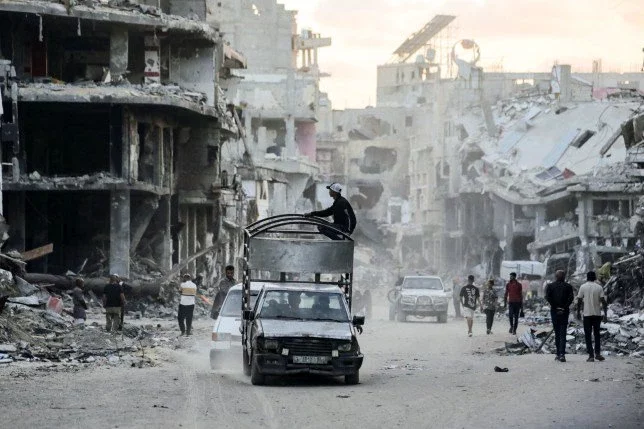
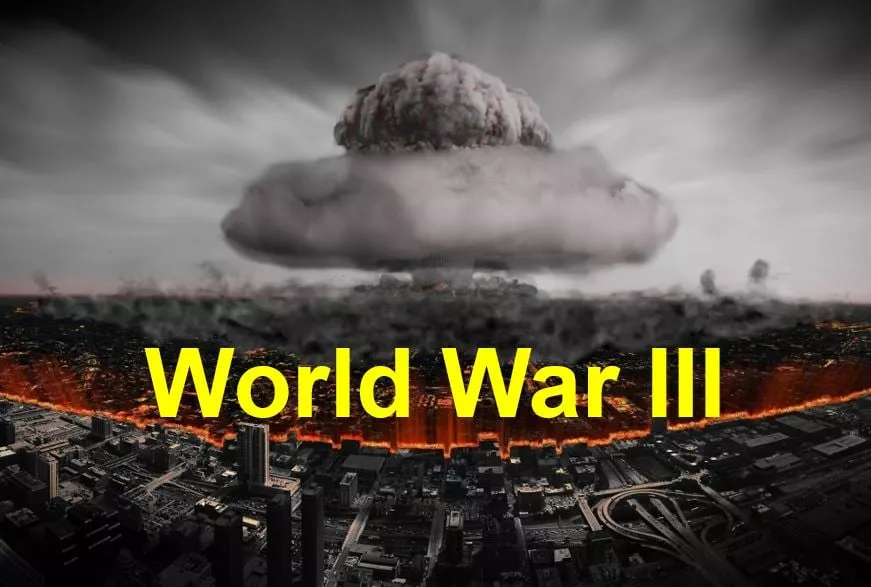
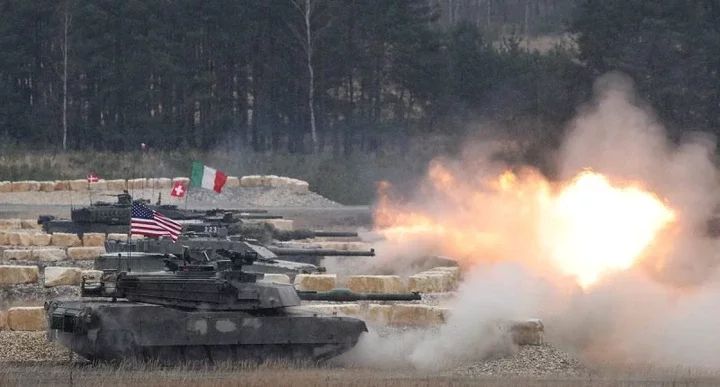
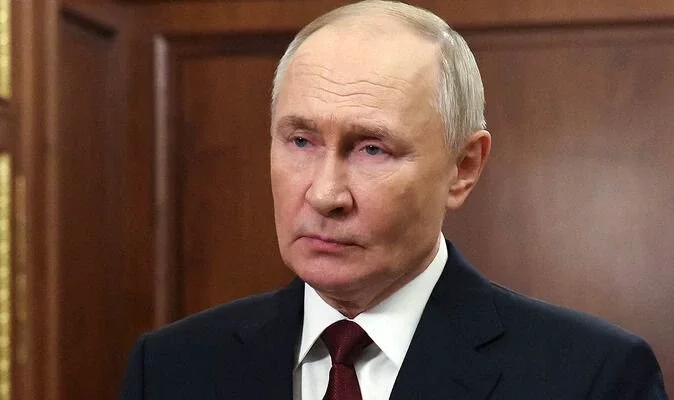
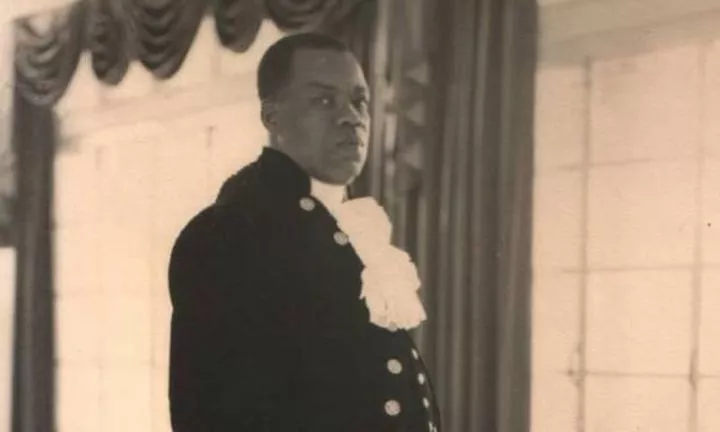







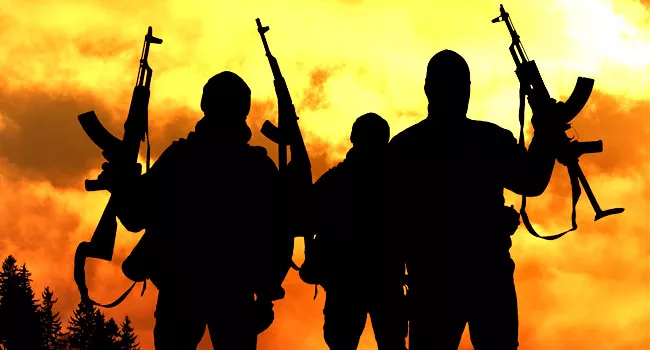


Comments